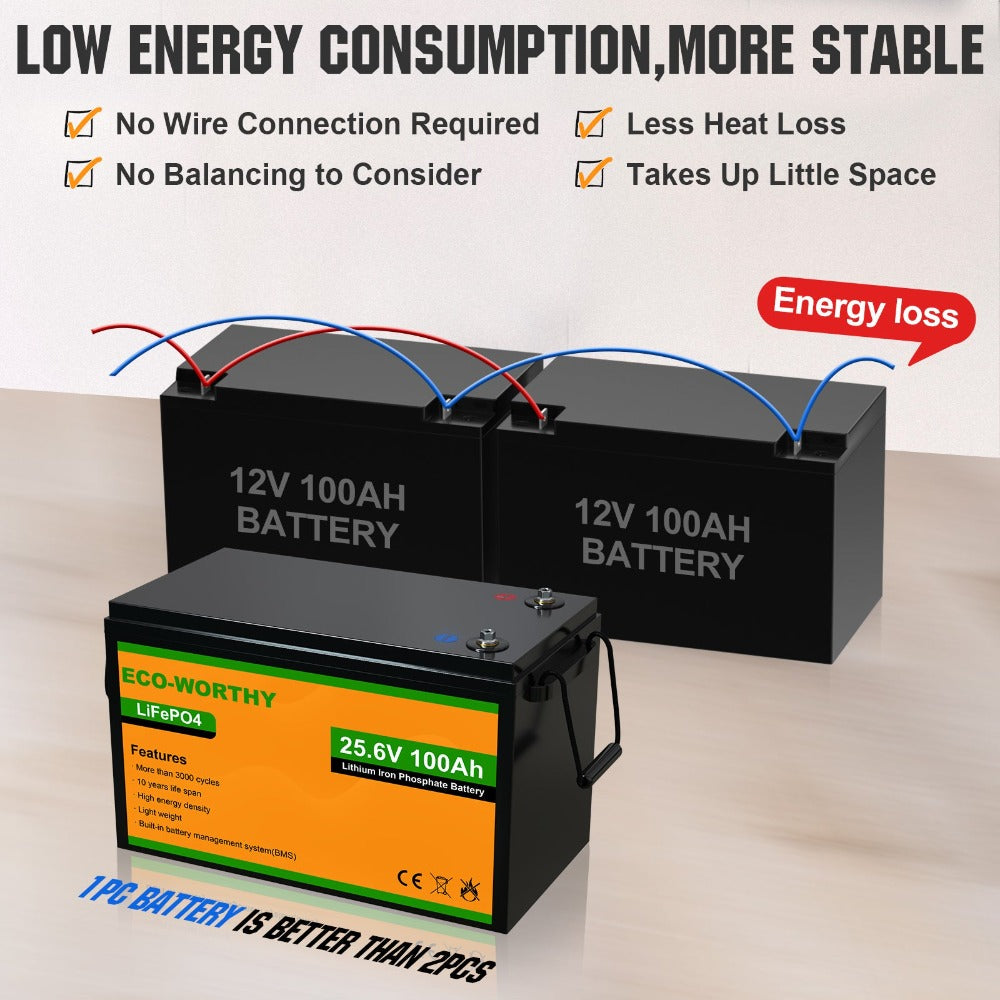Introduction to 24V Lithium Batteries
In the ever-evolving landscape of industrial applications, the demand for efficient and reliable power sources is paramount. One such innovation that has garnered significant attention is the 24V lithium battery. These batteries are not only revolutionising the way industries operate but are also setting new benchmarks in terms of performance and sustainability.

Enhanced Energy Density and Efficiency
One of the primary advantages of 24V lithium batteries is their superior energy density. Compared to traditional lead-acid batteries, lithium batteries can store more energy in a smaller footprint. This translates to longer operational hours and reduced downtime for industrial equipment. For instance, in warehouse operations, forklifts powered by 24V lithium batteries can work longer shifts without the need for frequent recharging, thereby enhancing productivity.
Longevity and Durability
Another significant benefit of 24V lithium batteries is their extended lifespan. These batteries typically offer a much higher cycle life compared to their lead-acid counterparts. This means that over the long term, industries can save on replacement costs and reduce waste. For example, in the manufacturing sector, machinery powered by 24V lithium batteries can maintain consistent performance over several years, ensuring smooth and uninterrupted operations.
Environmental Impact and Sustainability
In today's world, sustainability is a critical consideration for industries. 24V lithium batteries are more environmentally friendly than traditional batteries. They contain fewer toxic materials and are more efficient in terms of energy usage. Additionally, their longer lifespan means fewer batteries end up in landfills. This makes them an ideal choice for industries looking to reduce their carbon footprint and promote green practices.
Safety and Reliability
Safety is a paramount concern in industrial settings, and 24V lithium batteries excel in this regard. These batteries are designed with advanced safety features, including overcharge protection, thermal management, and short-circuit prevention. This ensures that industrial equipment operates safely and reliably. For instance, in the construction industry, heavy machinery powered by 24V lithium batteries can function without the risk of overheating or electrical faults, thereby safeguarding both the equipment and the operators.
Conclusion
Exploring the benefits of 24v lithium batteries in industrial applications reveals a multitude of advantages that can significantly enhance operational efficiency, sustainability, and safety. From their superior energy density and extended lifespan to their positive environmental impact and advanced safety features, 24V lithium batteries are poised to become the power source of choice for a wide range of industrial applications. As industries continue to evolve, embracing these innovative power solutions will be key to staying competitive and achieving long-term success.